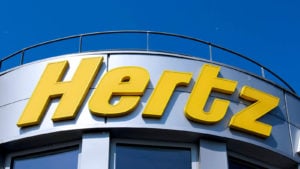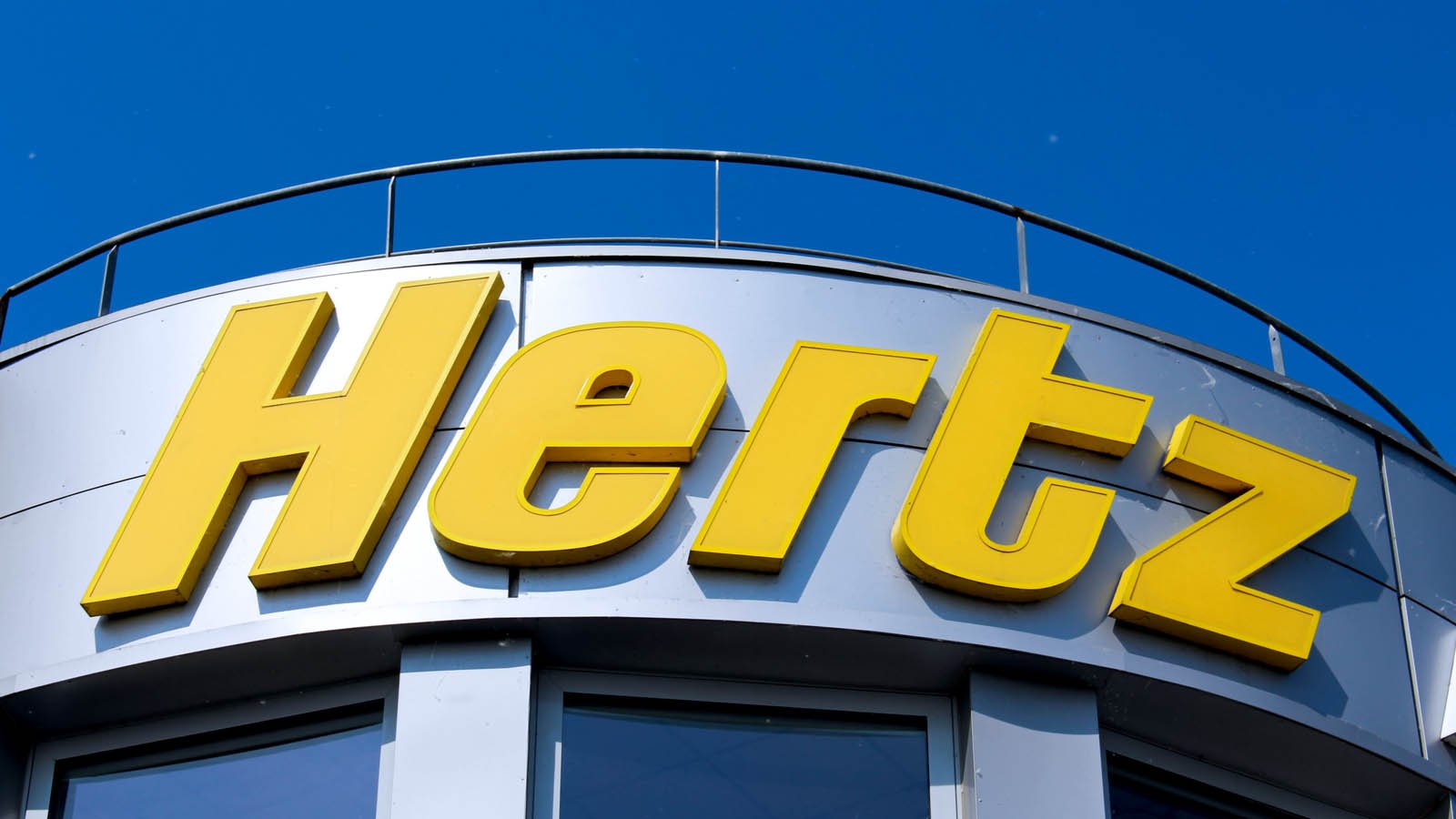Hertz (NYSE:HTZ) stock represents ownership in a company that investors should be very wary of. Market speculation regarding HTZ shares is high in this volatile market.

As investors abandon rational investment behavior the company finds many are willing to risk purchasing its stock. However, Hertz has attempted to stick it to those who helped it get to where it is once the going became tough.
Current shareholders and potential investors looking to make a play on HTZ should assess its pattern of actions first. That pattern is telling. Further, investors should consider Hertz’s ulterior motives and ultimate goals in this process.
If they do, they’ll likely recognize that the company’s position means it won’t prioritize the Main Street investor.
Hertz Stock Represents Questionable Management
Hertz will have to pay its creditors $650 million related to its fleet reduction dispute. The company was obligated to pay back about twice that amount but is under Chapter 11 bankruptcy.
Hertz filed for bankruptcy with neither a bankruptcy loan in place nor a deal with its creditors, and it sought to be relieved of its obligation to continue leasing vehicles. To Hertz’s credit, the pandemic is disrupting businesses in ways none of them could have anticipated. Therefore, Hertz’s attempt to put lease obligations on its creditors has some logic and legal precedent.
Bankruptcy law does contain such provisions. However, Hertz did enter into a contract, and business entails unforeseen circumstances arising. Bankruptcy law dictates that such lease obligations are the responsibility of the debtor (Hertz) in specific cases.
As per Hertz’s petition to be absolved of the lease obligation and its interpretation of the law: “Only where the debtor’s actions are a product of bad faith, whim, caprice or a gross abuse of its managerial discretion should the business decision be disturbed.”
Well, as we know now, the “business decision” has been distributed to the tune of $650 million via the courts. So, that can only mean one thing: the courts decided that Hertz’s actions in regard to the lease represent everything in the quote above.
The point here is this: investors should think twice before buying HTZ shares. Hertz management is not free of blame in this bankruptcy.
For Hertz’s creditors, this will mean they will receive $108.33 million monthly from June to December. A modest victory for them. For potential investors, this means that Hertz now has less cash with which to strengthen its equities. Thus, further lessening the already slim chances its stock will reward a speculative play.
Questionable Attempt to Raise Funds
Hertz also failed in attempting to raise $500 million through a stock sale. The Securities and Exchange Commission launched an inquiry into the sale and Hertz then decided against moving forward with the issue.
The SEC believed that the shares had a high risk of becoming worthless. One important note here is the alternative financing Hertz could have sought. Hertz could have also sought debtor-in-possession financing instead of the stock sale.
Importantly, DIP financing would have required Hertz to repay the financing where stock issuance does not. Given Hertz’s reticence to repay its debts, it’s no surprise it didn’t choose the latter. Thankfully, the SEC stepped in as it seems Hertz had no qualms with floating valueless stocks to the market.
Final Verdict
Investors need to ask themselves why Avis (NASDAQ:CAR) has weathered the pandemic, yet Hertz hasn’t.
The general narrative is that entire sectors and industries are being pummeled due to the pandemic alone. And both Hertz and AVIS are car rental providers. Yet, one is making do while the other isn’t.
Airlines have surely gotten crushed. But then why has Southwest (NYSE:LUV) navigated the pandemic better than American Airlines (NASDAQ:AAL)? The answer of course, is that some companies are better run and thus more deserving of your investment dollars than others.
Without the bankruptcy, investors probably wouldn’t be paying Hertz any attention. It is only compelling because of the risk and volatility in the markets today.
But there is almost no scenario in which Hertz will pan out for investors. Investors should keep that in mind. To those readers still considering an HTZ investment, read here. I hope it will rid you of any hope that this stock can reward you.
As of this writing, Alex Sirois did not own shares of any stocks mentioned above.
